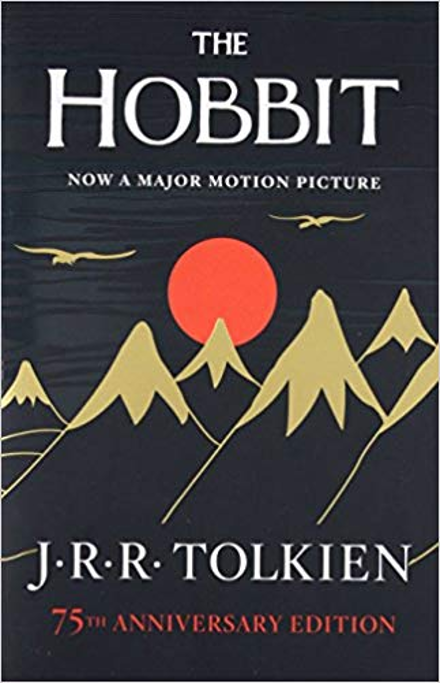 Bilbo Baggins is a hobbit with no more ambition than he has height. He would probably have spent the rest of his comfortable life tucked away in his little pantry if English author J. R. R. Tolkien hadn’t decided to send Gandalf forward to whisk him away on a dangerous quest in 1937. Today, this story called The Hobbit has become a successful and well-known children’s fantasy novel.
Bilbo Baggins is a hobbit with no more ambition than he has height. He would probably have spent the rest of his comfortable life tucked away in his little pantry if English author J. R. R. Tolkien hadn’t decided to send Gandalf forward to whisk him away on a dangerous quest in 1937. Today, this story called The Hobbit has become a successful and well-known children’s fantasy novel.
Throughout the book, Tolkien incorporated the element of humour into seemingly unpleasant events to lighten the mood of the most serious parts of this story. Why did he do so? How does this relate to the consideration he gives to the target readers (adolescents) of his book? Does this writing style make The Hobbit a comedy?
How does Tolkien reflect the importance of wealth in The Hobbit? How do different characters view and lust for material things and property differently? Which approach is praised in the book, and how is it celebrated?
As the plot advances, what is the significance of Bilbo’s act of outsmarting Gollum in his character development? What sort of transformation is involved?
How would you describe Thorin as a person? Does he fit into your definition of a ‘hero’? Did his choices and actions justify and prepare you for his death?
Bilbo appears content but not exactly accepted in his community. Did this change when he returned to Hobbiton at the end of the story, and why? How does Tolkien balance the relation between heroism and simplicity of life? What approach did he use?

